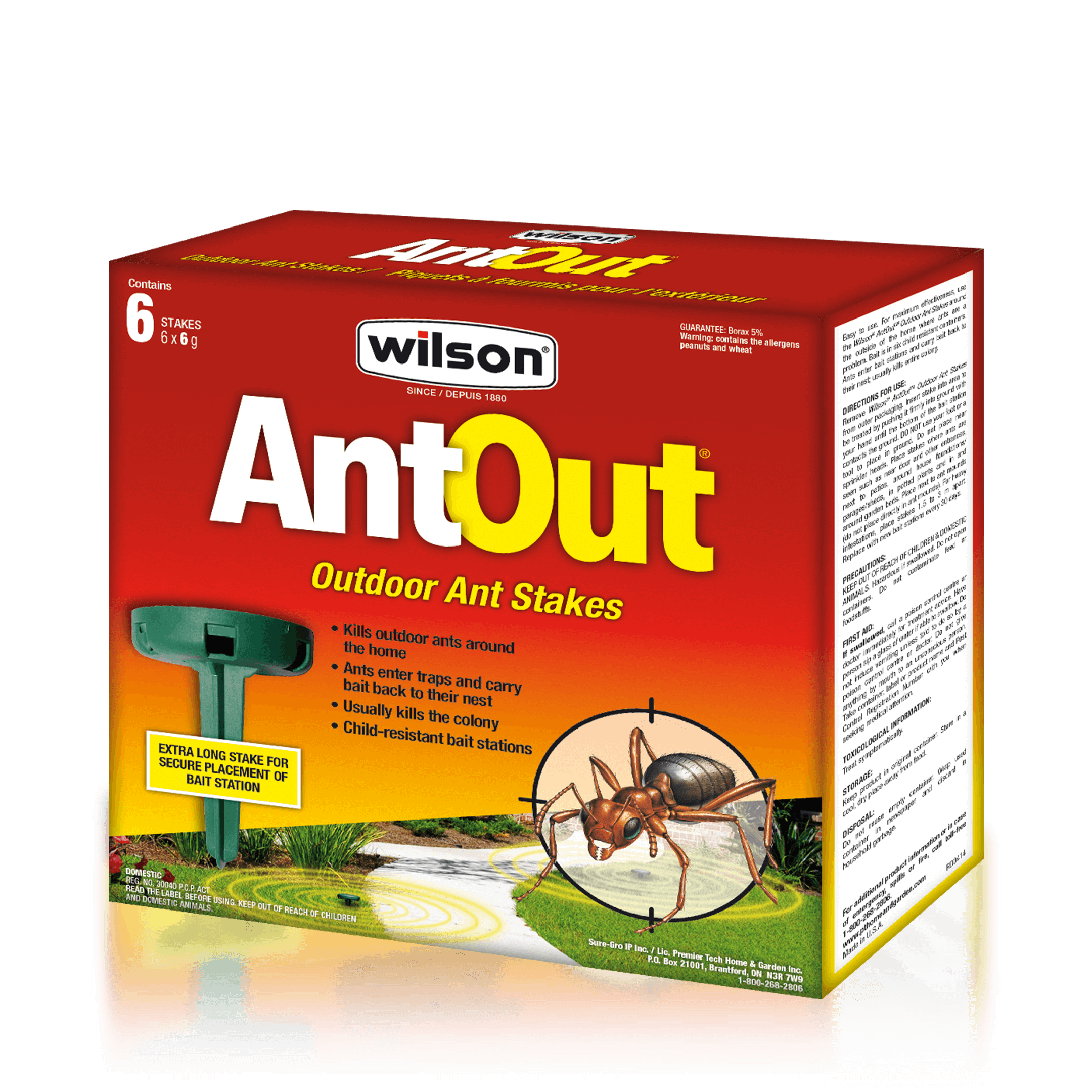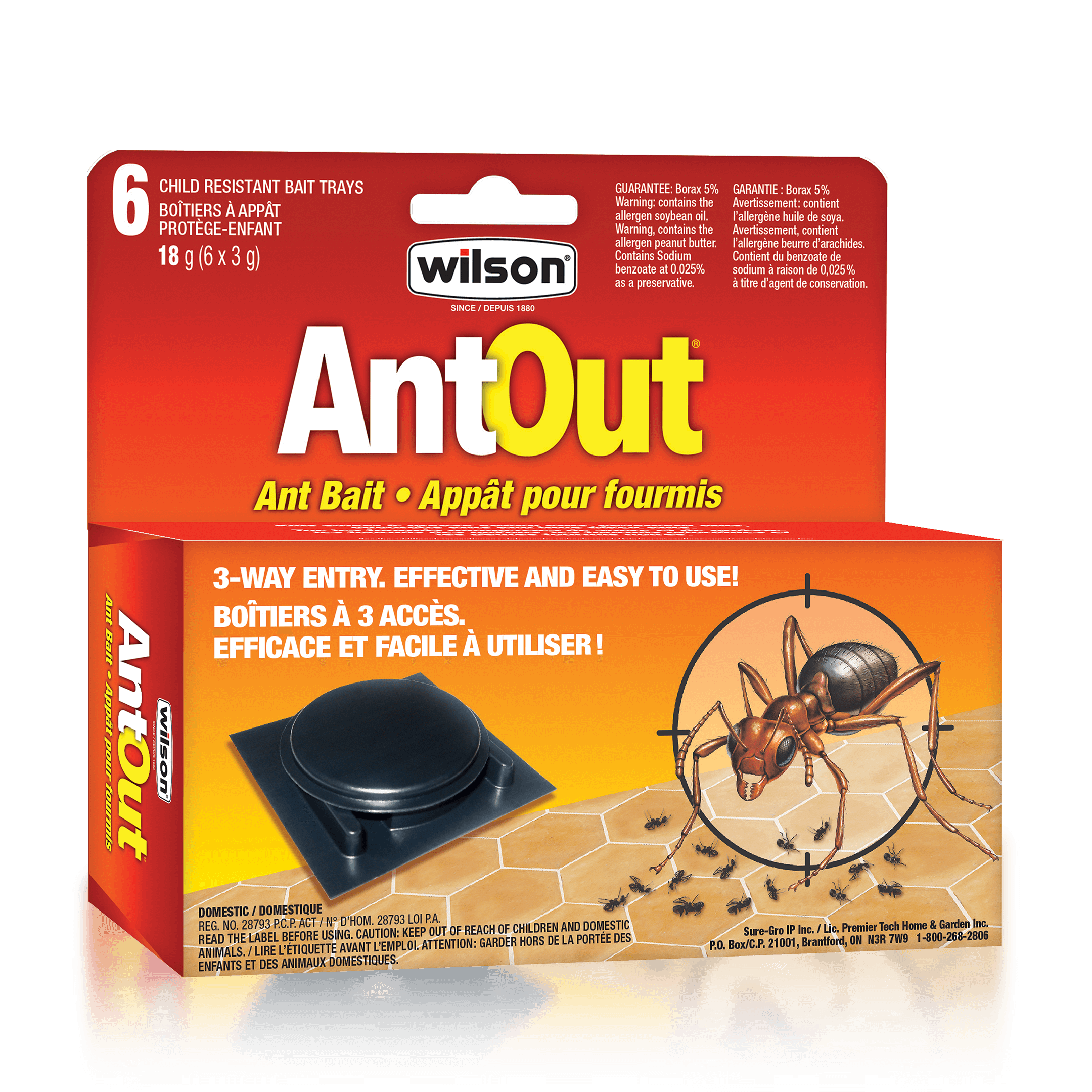

Some things animals will begin to notice is the temperature dropping, trees losing their leaves, and less sunlight. START: When Winter Comes- When winter comes to the forest, many things change, especially if you are an animal! We have the luxury of going indoors, but wild animals have to live outside all winter. Simply follow the instructions outlined below, go at your own pace, and have fun! To get started on your hike, use the map located at the end of this blog post and follow the trail. Finally, take the Human Society’s advice and cordon off any vulnerable areas around your home’s foundation using L-footer style fencing.We know you love exploring Sunset Hill Farm as much as we do, so we’ve created this self-guided hike to help you learn more about our park. Make sure all seals and lids on your trash cans and recycle bins are secure, and periodically clean out these receptacles to remove odors and stray bits of waste. Look for patches of dead grass and eliminate any grub problems you may have. If you’re concerned about skunks making their winter home on your property, take measures to make your property a less attractive habitat. And while skunks may spend more time in their dens in the winter, they use them year-round. That food supply may in turn become a convenient excuse for a skunk to take up residence underneath or inside your home. Pet food left on a porch, patio or in a garage or shed can also be very tempting to a skunk. The most common of these is unsecured garbage. Grubs are most plentiful in the colder months of the year, as they lay dormant underground or chew on roots in preparation for their spring and summer metamorphoses. Almost all skunks are nocturnal and do their burrowing and feeding at night.īecause skunks forage more infrequently during the winter, certain foods can entice them onto your property. A skunk can tear up a garden or lawn looking for insect larvae. So, like possums, armadillos and moles, skunks are diggers. In areas populated by humans, skunks will make their dens under houses, under decks, in basements, under woodsheds or woodpiles and anywhere else that provides shelter from the elements.

They’re looking for warmth and easy access to food and water, which most likely can be found on your property. Skunks will seek out the most convenient locations for their dens.

However, the skunk mating season usually takes place in February and March, and most skunk young (or kits) are born in April and May. During the winter, skunks mostly huddle in their dens for warmth. While skunks do not hibernate, they do become significantly idler once temperatures begin to drop. The answers to these questions have as much to do with skunk behavior as they do with other environmental factors that are within your control. But what about the colder months? Can you encounter skunks in winter? Do skunks hibernate, or are they just as active? Are they likely to join you on your property to escape the cold? Any dog owner who has tried to wash the smell of skunk musk off a sprayed pet knows how persistent and pervasive that odor can be.ĭuring the spring and summer when families and their pets are more active outside, skunk encounters are more common. Skunks can be among the most unpleasant of unwanted animal guests.


 0 kommentar(er)
0 kommentar(er)
